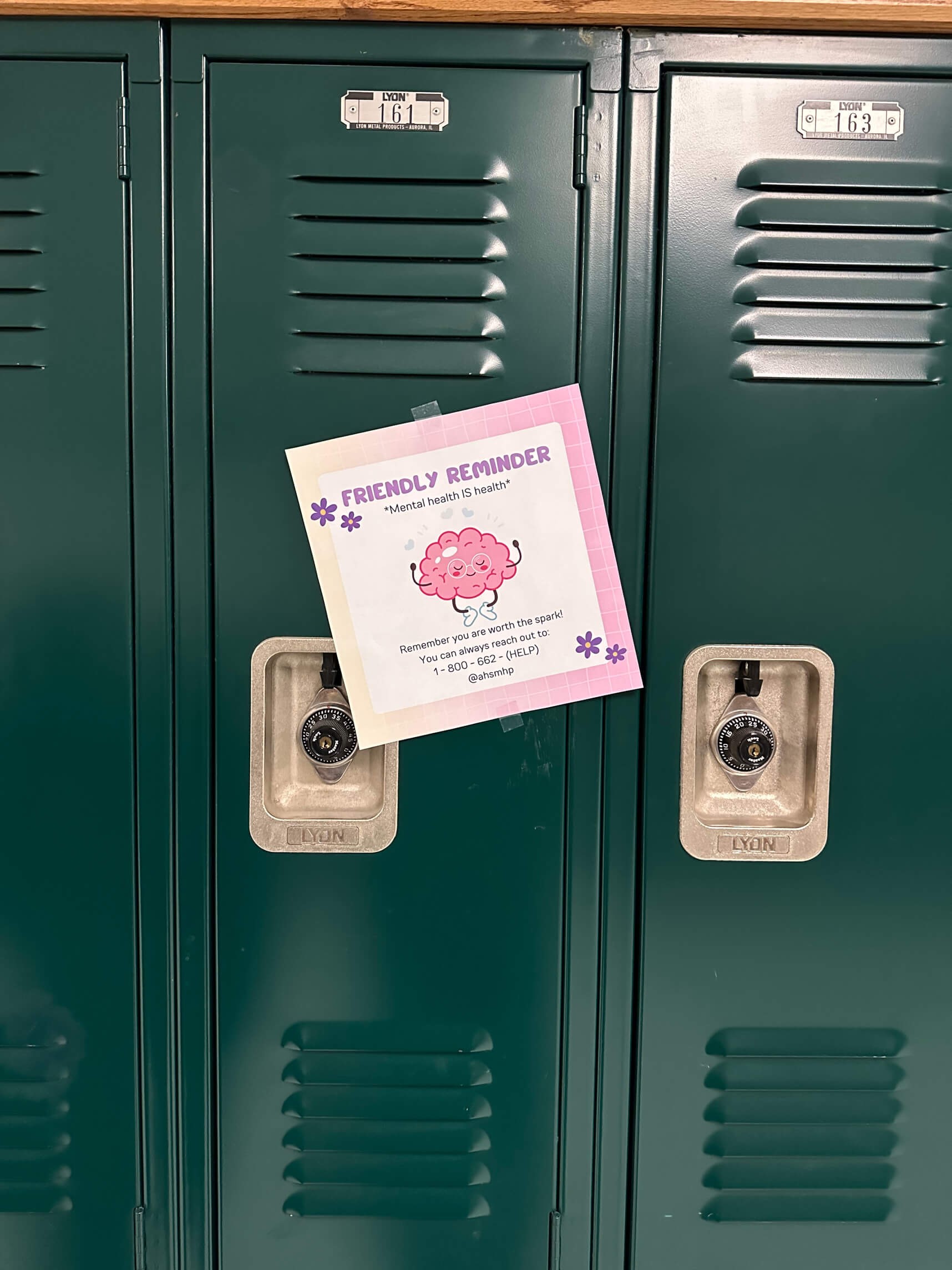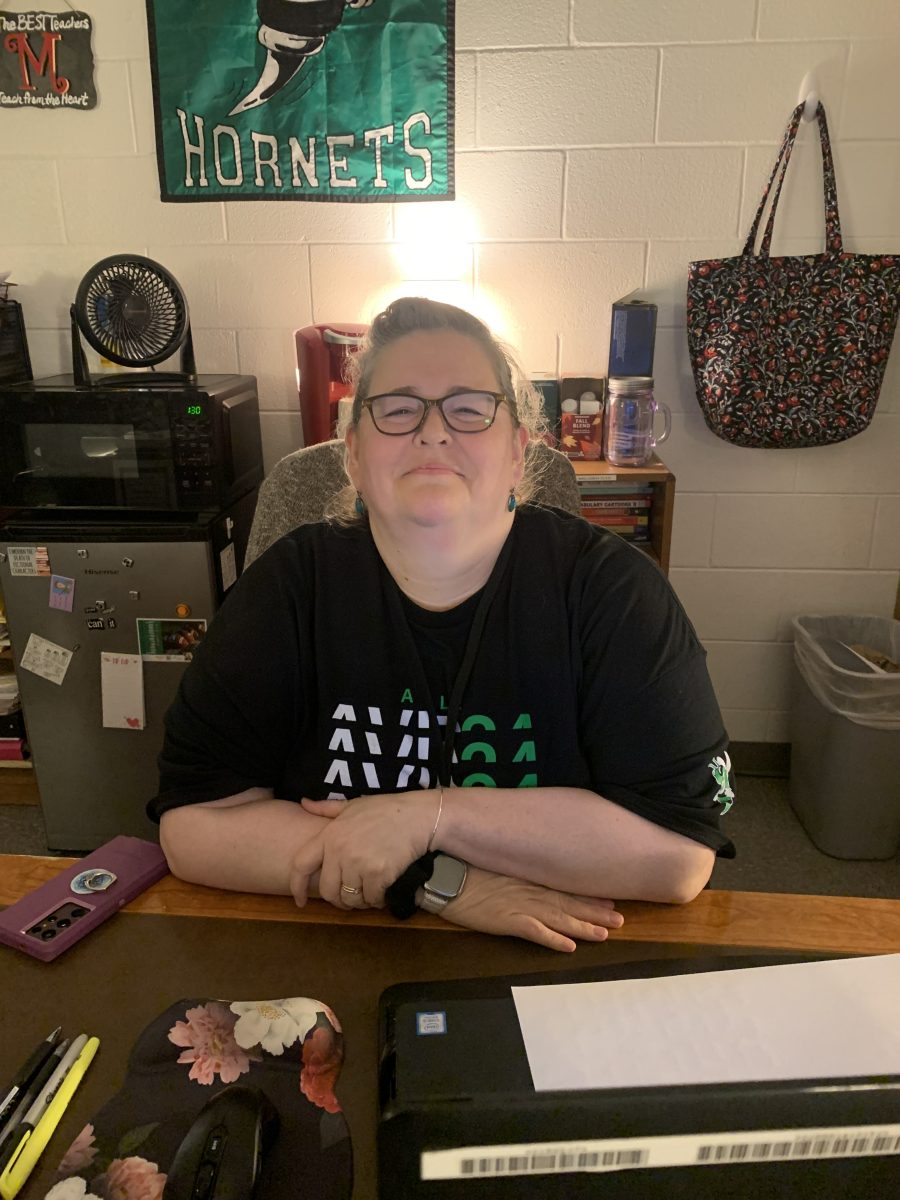A young boy races down the street, going faster than ever on his bike. Suddenly, he slips taking the tumble of his life. Coming back from the shock, he feels the searing pain on his knees and elbows, he begins crying, tears streaming from his face and he calls for his parents. By the time they come to his aid, his nose is now running and his face is red and streaked with tears. Instead of helping, his father insists that he wipe his tears and take the pain “like a man” saying, “Get up son, brush yourself off. It wasn’t that bad.”
For centuries, boys and men have been told that what they feel is not valid, they aren’t allowed to express their feelings the same way girls and women can and they must “man up” and take the pain. However, In recent years, society has begun to recognize that no matter one’s gender, everyone experiences and feels emotions. Everyone is allowed to show, not only their happiness but also their pain and sadness. Despite these improvements that have developed through the decades, men continue to experience stigma from older and more conservative generations and still continue to bear the brunt of their mental health alone.
Such is the case for Junior Matthew Bujak who said that, as a guy, society places certain expectations upon him, including on how to act, how to speak and how to display his emotions.
“Expectations are the most challenging ideal,” Matthew said. “You’re expected to do what a man ‘has to do’ or is ‘supposed to do,’ kind of be emotionless. That’s what many people expect. They just fail to understand that men have emotions too.”
Matthew further explained that discussing how he feels can be difficult and most people neglect to understand or question how he’s doing or feeling.
“Nobody really asks you or really cares how you are,” he said. “They don’t take the time to understand how you feel.”
Matthew stated that certain circumstances in his life only made it more difficult for him to open up to others.
“I’m open around some people, but moving cross country in the past five months really takes away all the people that you have to talk to unless it’s texting,” Matthew said. “There have been a few people I’ve been able to talk too.”
Despite the moving around, Matthew said he has maintained a close relationship with his father whom he is able to speak with about his mental well-being.
“Yeah, my dad has been probably the most helpful out of anybody,” Matthew said. “He’s a pastor and he’s really good at talking to people.”
Relating to school, Matthew stated that men and students attending school are given crisis resources to aid them in difficult times but never taught on how to reach out for help.
“You can go to any school and they don’t teach you to ask for help,” he said. “They’ll send you to bullying programs, to things about depression. They’ll teach you about it, and tell you where to go, but they don’t tell you how to ask for help.”
Reaching out for help can be the hardest part, especially in a society where certain expectations prevail for men to always bottle up their emotions. Nevertheless, finding the support and guidance can help so much in the long run. The National Mental Health Hotline is 988 and crisis counselors Kimberly Brown and Hollee Reed are always here to speak when you are in need. So seek help from your loved ones, try therapy, call crisis resources whenever your at your lowest and there’ll be those who extend their hand out to help you.








